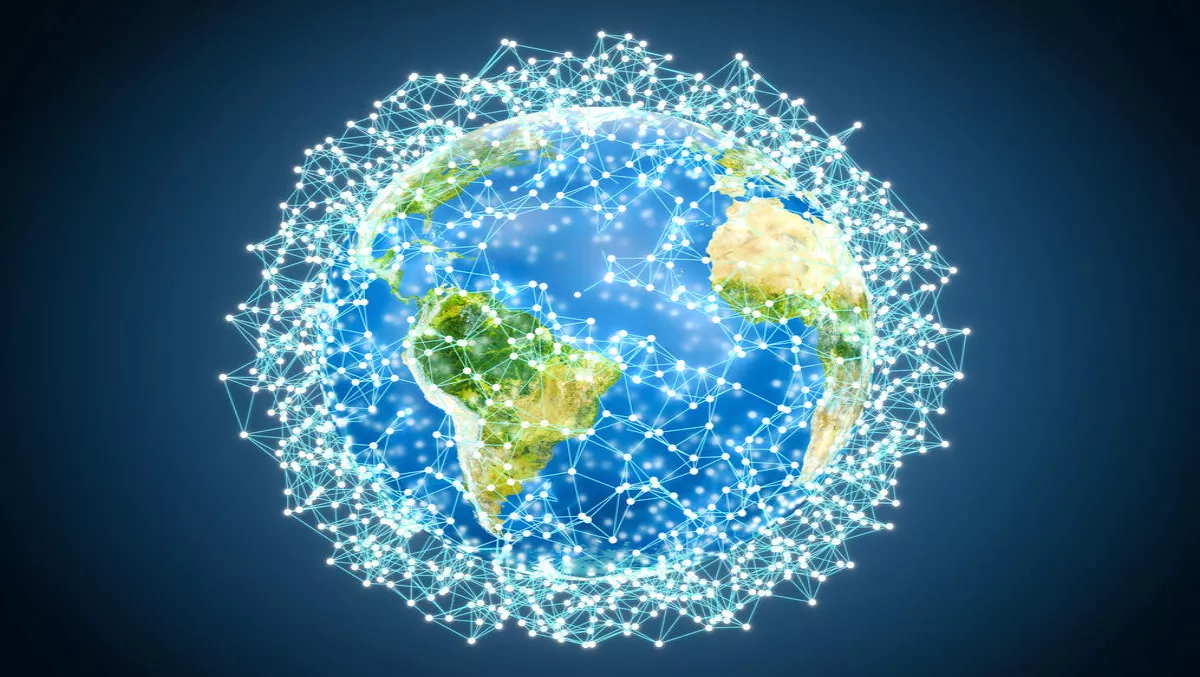
Tech advances in artificial intelligence (AI) and the Internet of Things (IoT) might help New Zealand move toward a solution for helping feed the world which will require food production to double to meet a growing population demands.
New Zealand IoT Alliance executive director Kriv Naicker says the new government needs to support the tech industry, in particular, the NZ IoT Alliance and its sister organisation the New Zealand AI Forum to help address a growing food shortage.
Naicker stating, “Farmers' uptake of technology is becoming the norm in the rural sector, smart farming and precision agriculture is helping farmers get better results on the land with enhanced tech forecasting and IoT sensor data collection and analytics, optimising resources and supplies.
“We know the world is heading toward a major food supply crisis, by 2050 the planet's human population will reach beyond nine billion, requiring food production to double to meet demands.
“Agriculture has long been considered the backbone of New Zealand and with timely help from the tech sector, the country faces an exciting challenge and opportunity to create sustainable economic growth and establish ourselves on the world stage.
The future of food and the alternative ways to feed a growing global population will be discussed at a plant-based conference in Christchurch in early December.
Key tech leaders will attend the Feed the World 2030: Power of Plants Hackathon event on December 2 and 3.
This will provide an opportunity for agritech food innovators, scientists, industry experts and tech entrepreneurs to begin shaping New Zealand's agricultural platforms for the future.
Naicker continues, “We have seen movie produces James Cameron and Sir Peter Jackson enter the food supply arena by creating a Future Foods project, looking at plant-based protein.
“Both Sir Peter and Cameron have identified the huge potential in this area and will need to leverage IoT and AI to achieve farmer to plate innovation.
“Digital agriculture, in the form of precision farming, big data, sensor technology and drones, delivers a new potential for productivity gains across rural New Zealand.
NZTech's Digital Nation report last year showed that the tech sector was worth more than $16 billion to the economy.
Naicker finishes, “Tech promises to cut costs and enable faster repayment of both irrigation scheme and farm infrastructure capital while allowing farmers to demonstrate their compliance with environmental and other regulatory requirements.
